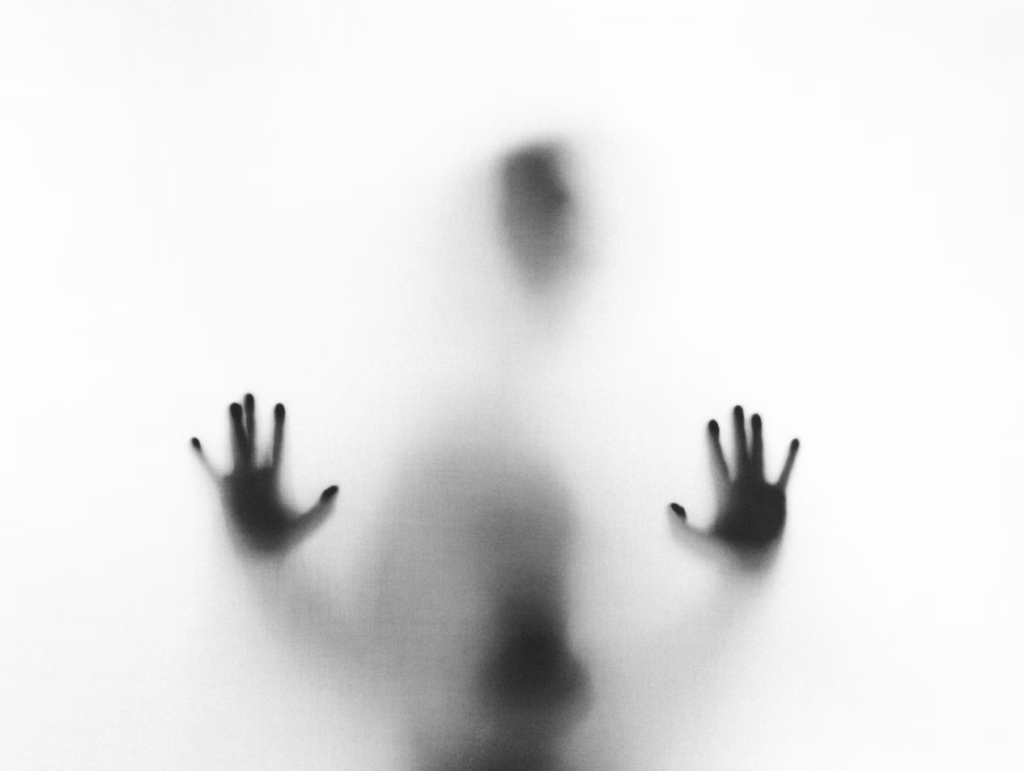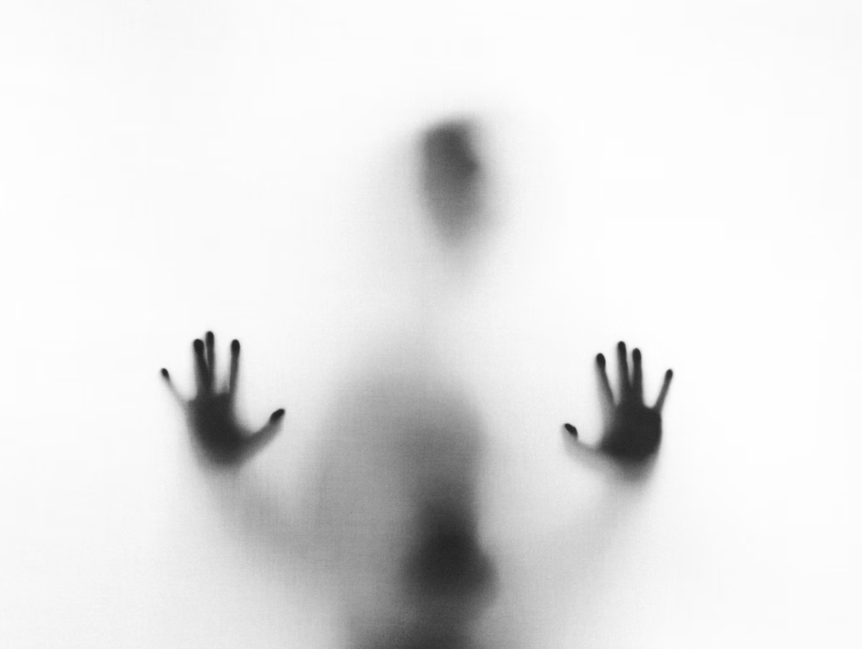Do you think that mankind’s physical health in general has declined over the years? Today, it is nearly impossible to believe that there was a time when the worst disease that you could develop was the flu.
Let’s clarify that the flu we just mentioned has also evolved into a menacing health threat, worlds apart from its original counterpart. The American Cancer Society’s predictions for 2023 included almost a million new cases when compared to the previous year.
A similar upward graph can be seen for other diseases like diabetes, stroke, hypertension, etc. Besides physical health, even America’s mental health is in jeopardy. The US is being called a country of ‘collective trauma.’
This is not a trivial matter as poor mental health can get in the way of daily life, including fitness progress. In this article, we will discuss the connection between mental and physical health. Also, discover three tips to regain mental health for a consistent fitness regime.

The Close Link between Mental and Physical Health
Can physical health impact one’s mental health condition? Yes, as individuals with a disability or debilitating disease may face issues like depression, anxiety, etc. The reverse is also true and could be even more devastating.
It has been the adage that it’s still easier to deal with broken bones than a broken heart. A man’s spirit sustains his body. If a person can have hope in their heart, they can overcome even the most challenging physical health conditions.
However, when the flame of hope has been reduced to a flicker, life itself becomes a burden. Studies have found that one in three patients with chronic physical illness also suffers from some type of mental condition.
Conversely, those with poor mental health are the most likely to develop preventable physical ailments like heart disease. Though mental illness may not be tangible in the ways that a physical disease is, its impact can be far-reaching.
3 Tips to Get Your Mental Health Back on Track
Let’s dive into the connection between poor mental health and a disrupted physical fitness routine. It has been rightfully said that one must experience mental health issues to fully understand its repercussions.
If you can relate, you know how difficult it is to motivate yourself to do anything. For some people, even making their bed and doing basic chores can be too heavy a weight to bear. Naturally, they may have no motivation to exercise, let alone do so regularly.
What’s interesting is that the Mayo Clinic states that regular exercise can improve one’s mental health. Do you see how a vicious cycle is formed when mental health gets in the way of a workout? Hence, gaining control of your mental health is important for healthy gains in the gym. Let’s look at three ways to make that happen.
Eat a Brain-Healthy Diet
Fitness-conscious people are always on the lookout for superfoods to add to their diet. We can understand if food has also been an area of slack due to anxiety or depression. The good news is that colorful, nutrient-dense foods can change the chemical composition of the brain.
As a result, you will begin to feel better. In general, a healthy diet for those involved in strength training would include fish, whole grains, healthy fats, and fibers in the form of leafy greens.
To alter brain health first, consume foods known to enhance brain function. These would include nuts, free-range eggs, berries, leafy greens, and dark chocolate. Also, your diet will include the content you consume, activities you participate in, etc.
For better brain health, watch positive videos, do some form of artwork for at least 20 minutes, and spend time with uplifting people.
Look for Professional Support
Remember that it is perfectly alright to seek help when you need it most. Sometimes, friends and family support is just not enough to pull you out of the dark mental space. Reach out to an experienced therapist, counselor, or even a mental health nurse practitioner.
This is especially useful during your weakest moments when you need external stabilization and crisis intervention support. Suppose you approach a nurse practitioner for mental health assistance. They will assess you before giving an accurate diagnosis and custom treatment plan.
According to Baylor University, psychiatric nurses can address issues like depression, personality disorders, anxiety, substance abuse, and more. Let’s look at the complete list of duties the healthcare professional would perform as intervention:
- Teaching patients self-care activities
- Educating patients and their families
- Connecting them to relevant resources
- Promoting general health and well-being
- Creating an environment that prevents further issues
Focus on More Social Connections
One major symptom of a mental health issue is the desire to isolate oneself and withdraw from friends and family. In contrast, this is the time to do the exact opposite. You must push through your instincts and focus on deeper social connections.
Remind yourself constantly that social withdrawal will only intensify your brain’s stress response (fight or flight mechanism). Spending time in the company of trusted folks will literally calm your nerves no matter how hard it is in the beginning.
Besides friends and family, other opportunities for socialization include volunteering, joining a support group, and participating in group exercises. You can even focus on doing something collectively creative like painting, baking, dancing, etc.
The current mental health status of the US is alarming. It was found that the 2023 depression and anxiety rates reached 32.3%. Could there be a link here with the rising cases of obesity and its related diseases? The likelihood is high since poor mental health has its way of wreaking havoc on one’s diet and fitness routine.

